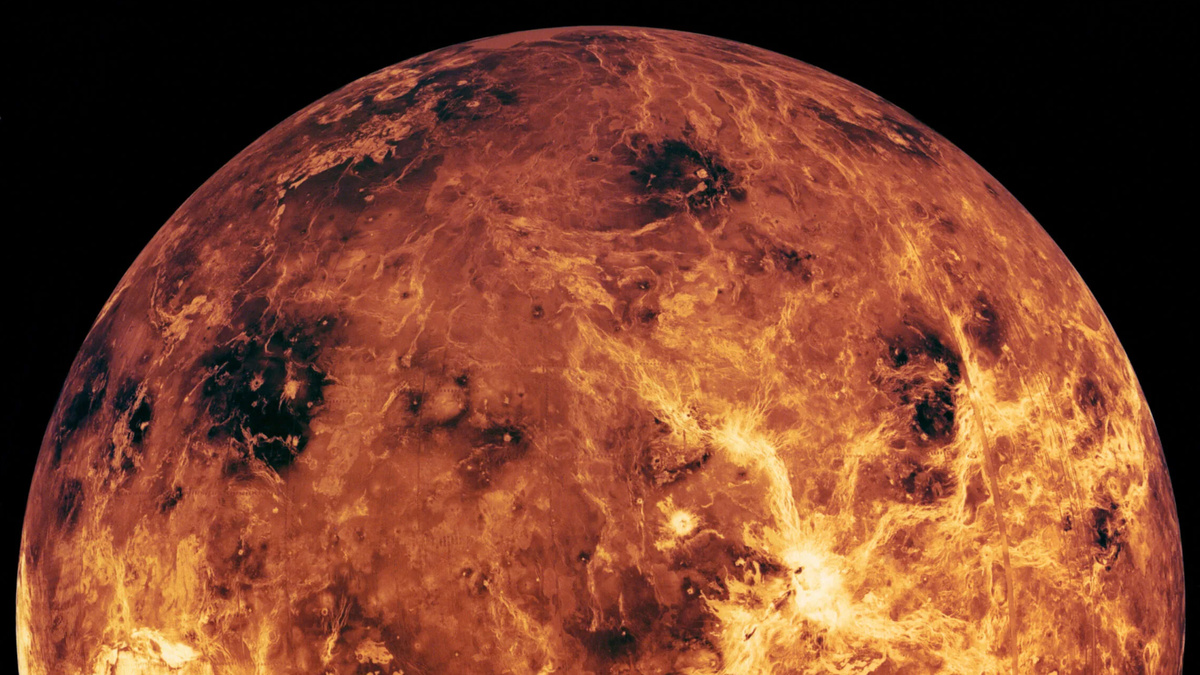Study Suggests Venus May Have Never Had Oceans, Disputing Previous Theories

A recent study published in Nature Astronomy has upended previous theories about Venus, suggesting that the planet may have never had oceans or conditions suitable for life. The research, led by Tereza Constantinou, a doctoral researcher at the University of Cambridge’s Institute of Astronomy, delved into the composition of Venus’s atmosphere to infer its interior water content. The results paint a picture of a planet that remained dry throughout its history, challenging earlier beliefs that Venus might have once had liquid water on its surface.
One of the key findings of the study centers around the planet’s atmospheric chemistry, particularly the amount of water vapor released during volcanic activity. On Earth, volcanic eruptions are typically associated with significant amounts of water vapor, indicating a water-rich mantle. However, on Venus, volcanic eruptions emit a mere 6 percent water vapor, a stark contrast to the more than 60 percent found on Earth. This substantial difference suggests that Venus’s interior is remarkably dry, which raises doubts about the possibility of liquid water ever existing on its surface.
The research also highlights that, unlike Earth, Venus’s volcanic eruptions do not release significant amounts of water vapor. According to Constantinou, this implies that the planet’s interior—the source of volcanic activity—is similarly dry. This lack of water vapor further supports the hypothesis that Venus has always been devoid of the liquid water necessary to form oceans, oceans that might have otherwise provided the conditions required for life.
These findings challenge past theories that Venus may have had oceans in its early history, potentially making it more Earth-like and habitable. However, the new research suggests that even if Venus once had a more temperate climate, its dry interior likely made it impossible for liquid water to accumulate or persist. As our understanding of Venus continues to evolve, this study raises important questions about the planet’s geological and atmospheric history, offering a fresh perspective on the enigmatic world





















